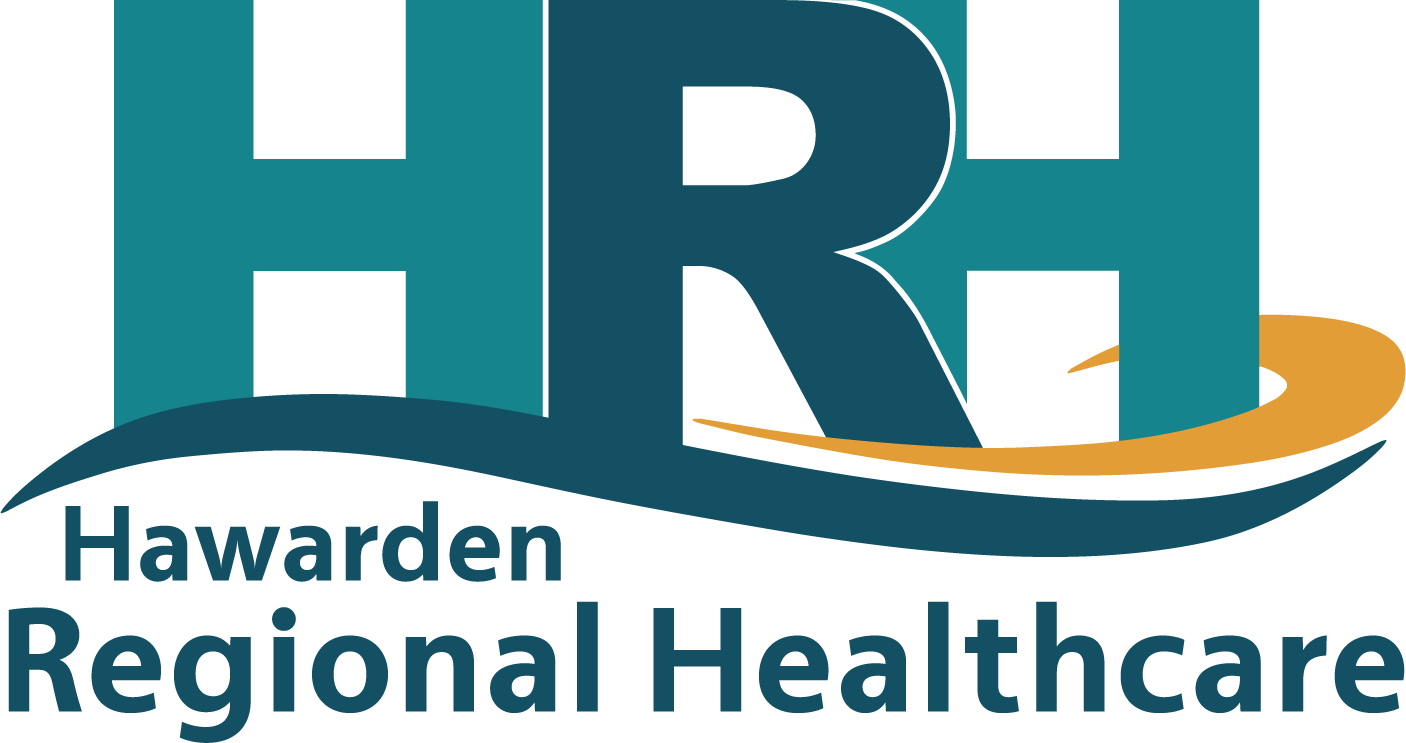PRESS RELEASE 6.26.2024
SAFETY MEASURES DURING FLOOD CLEANUP
BE CAUTIOUS!
It is unknown what is in floodwater at any given point in time.
Floodwater can contain:
Downed power lines
Human and livestock waste
Household, medical, and industrial hazardous waste (chemical, biological, and radiological)
Coal ash waste that can contain carcinogenic compounds such as arsenic, chromium, and mercury
Other germs and contaminants that can lead to illness
Physical objects such as lumber, vehicles, and debris
Wild or stray animals such as rodents and snake
After a flood, you need to be careful to avoid electrical hazards both in and out of your home.
Shut off electrical power and natural gas or propane tanks in your home to avoid fire, electrocution, or explosions.
Stay clear of any downed or damaged power lines. NEVER touch a fallen power line. Call the power company to report fallen power lines.
If you believe someone has been electrocuted, call or have someone else call 911 or emergency medical help.
Don't attempt to move propane tanks you might find— they're dangerous and can cause a fire or explosion. If you find any, contact the police or fire department.
Floodwaters can contain chemicals from various sources, including motor oil, cleaning chemicals, pesticides, fertilizers, sewage, and industrial and agricultural runoff. These chemicals can make the water toxic and pose health risks to humans and the environment.
Chemicals can be moved from their regular storage spots due to floodwaters.
Be extremely careful when removing car batteries. Even if they are in floodwater, car batteries may still have an electrical charge. Use insulated gloves and avoid coming in contact with any acid that may have spilled from the damaged car battery.
Wear protective clothing when cleaning your home after a flood such as work gloves, rubber boots, face coverings, and other protective equipment.
